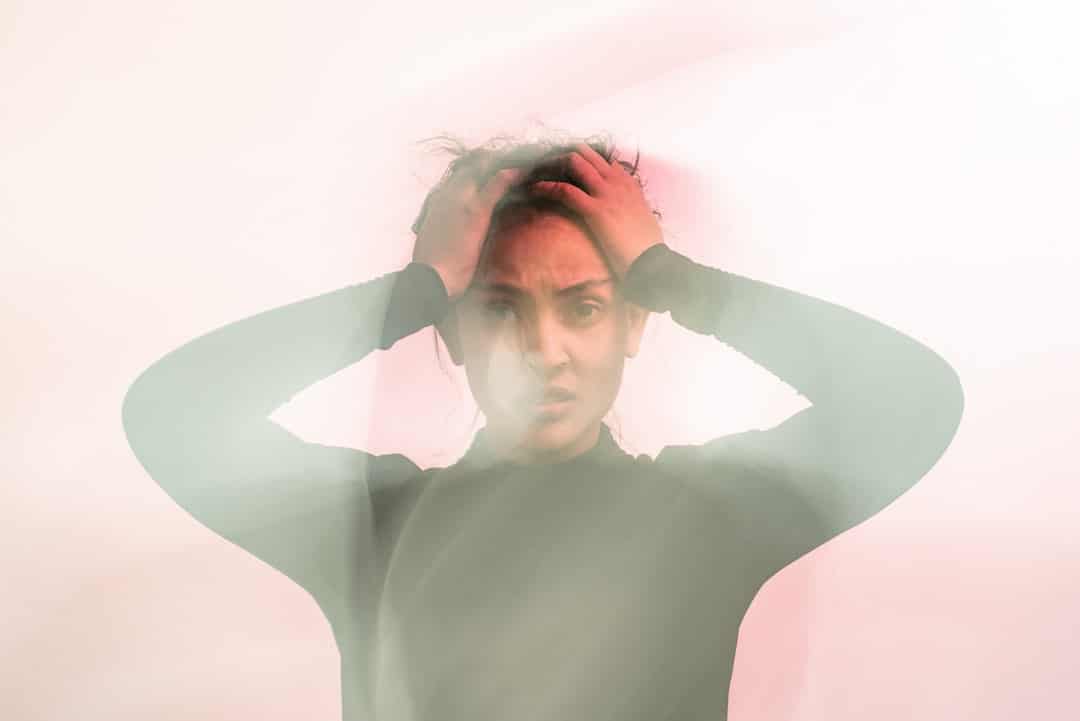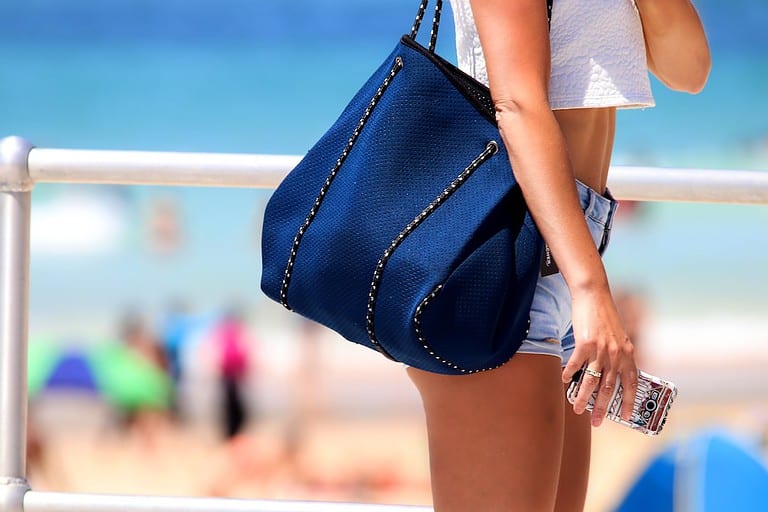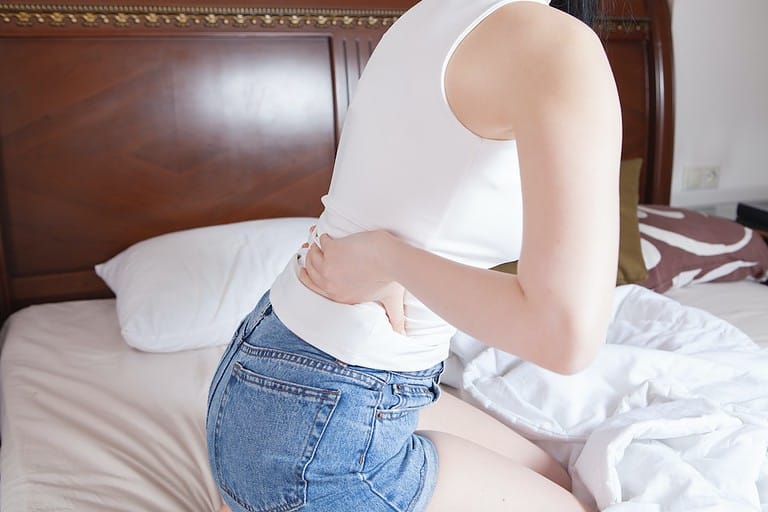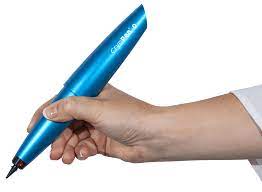Can Cryotherapy Help With Anxiety and Mood Disorders?
Anxiety is a common mental health condition that can affect individuals of all ages. While there are many treatments available, one lesser-known option for managing anxiety symptoms is cryotherapy. But how can cryotherapy help with anxiety and does it really work?
In this piece, we’ll investigate the potential benefits of cryotherapy in controlling anxiety symptoms and who should consider giving it a shot. We’ll also discuss what you can expect when undergoing treatment and how long results may last.
If you’ve been suffering from anxiety and are looking for a non-pharma alternative way to ease your stress levels, let’s find out how can cryotherapy help with anxiety.
Table of Contents
What is Cryotherapy?
Cryotherapy has been used for centuries in many cultures, but it has only recently become popular in alternative medicine. The term “cryotherapy” comes from the Greek words “kryos” meaning cold and “therapeia” meaning healing or treatment.
Whole-body cryotherapy treatment involves exposing the body to extremely low temperatures for a short period of time, resulting in vasoconstriction and an increase in endorphins. This is why whole-body cryotherapy is effective in reducing inflammation, relieving pain, improving skin tone, boosting metabolism and energy levels, and might even help with anxiety relief.
What is Anxiety?
Anxiety is a feeling of worry, nervousness, or unease about something with an uncertain outcome. It can be triggered by stressful life events such as job loss, financial worries, or health issues.
People who experience anxiety often feel overwhelmed and unable to cope with the situation at hand. Common symptoms include difficulty concentrating, restlessness, racing thoughts, and physical tension.
Types of Anxiety Disorders
There are several types of anxiety disorders that affect people in different ways.
Generalized Anxiety Disorder (GAD) involves persistent worrying about everyday activities like work or school performance.
Panic Disorder causes intense fear that leads to panic attacks characterized by chest pain and shortness of breath.
Social Anxiety Disorder (SAD) makes it difficult for someone to interact with others due to fear of judgment or embarrassment in social situations.
Obsessive-Compulsive Disorder (OCD) involves intrusive thoughts that cause distress and lead to compulsive behaviors such as repetitive checking or cleaning rituals.
Post-Traumatic Stress Disorder (PTSD) develops after experiencing a traumatic event like war combat or sexual assault resulting in flashbacks and nightmares related to the event.
The exact cause of anxiety disorders is unknown but there are certain factors that may contribute to the condition, including:
- Genetics.
- Brain chemistry imbalances.
- Environmental stressors such as poverty or trauma during childhood development years.
- Personality traits such as perfectionism.
- Medical conditions like thyroid problems.
- Substance abuse.
- Lifestyle habits like lack of sleep.
Fortunately, there are many anxiety treatment options available for those suffering from these disorders, ranging from medication to psychotherapy techniques like cognitive behavioral therapy (CBT).
Whole-body cryotherapy can be a reliable and beneficial technique for treating various health issues, such as stress. By understanding the physiological and psychological effects of cryotherapy on anxiety, we can gain insight into how it helps manage this condition.
Can Cryotherapy Help With Anxiety?
Cryotherapy has been gaining momentum as a potential anxiety treatment option in recent times. While there is still limited research on its effectiveness, the physiological and psychological effects of cryotherapy can provide relief from anxiety symptoms.
Physiological Effects of Cryotherapy
Cold therapy causes a reaction within the body that reduces inflammation and pain, which can help reduce feelings of physical tension associated with anxiety. Moreover, when exposed to frigid temperatures in a cryotherapy session, the body releases endorphins – natural chemicals that can help improve mood.
Psychological Effects of Cryotherapy
When it comes to mental health issues, cryotherapy works by calming patients while they’re submerged in ice water or chilling in a cryo chamber. Facing their fears while surrounded by extremely cold air can also be seen as an empowering experience since it requires them to accept the challenge without hesitation.
Overcoming fears and taking risks can lead to a sense of accomplishment that, in turn, may foster increased self-confidence and improved mental health.
Cryotherapy has been observed to produce both physical and mental changes in anxiety levels, which may help alleviate symptoms for some individuals. If you are considering using cryotherapy for anxiety relief, let’s evaluate if you could benefit from this type of treatment.
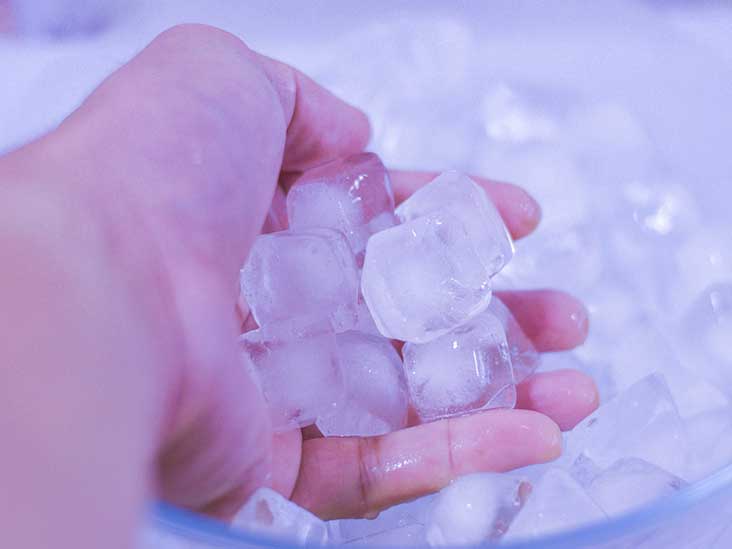
(Source)
Who Could Benefit from Focus Cryotherapy?
Cryotherapy may be a safe and effective natural remedy for mild symptoms of anxiety, potentially providing an alternative to conventional medications.
Cryotherapy helps reduce stress, heighten spirits, and promote relaxation of the mind and body. People who have tried other treatments without success may find relief through this natural remedy.
Since cryotherapy sessions involve cold exposure, they help lower inflammation in the body, reduce muscle tension, and improve blood circulation — all of which can provide relief from anxious feelings.
Furthermore, intense cold exposure can stimulate the production of endorphins in the brain which creates a positive feeling that persists for several hours after the session.
For those suffering from more severe levels of anxiety, cryotherapy could serve as an additional form of support in tandem with their current therapies or medications. Cryotherapy may provide a holistic approach to treating anxiety, potentially improving sleep and energy levels.
Now let’s look at what you can expect from your cryotherapy session.
Getting Started With Your Cryo Session
Before beginning cryotherapy for anxiety relief, it is important to ensure that you are physically fit. If you are taking medication, ask your doctor if it is safe for you to get cryo treatment. Some medical conditions may interfere with cold exposure.
During your session, do not move around too much while you’re inside the cryo chamber as this can disrupt the healing process or even cause injury. Follow the technician’s instructions on how long each session should last and what temperature to set.
Keep track of the number of sessions completed to measure progress.
Finally, try your best not to focus on anything else while inside. Take deep breaths and allow yourself time away from any worries or concerns to clear your mind completely.
After leaving the cryo-chamber, it is normal to feel relaxed yet energized — almost like after taking an invigorating shower. Depending on how severe your symptoms were prior to entering therapy will determine how quickly relief sets in. Most people report feeling calmer within minutes after their first session and improved sleep quality in the evening.
It is important to follow up with regular sessions until you finally achieve relief from your symptoms. A series of 4-5 treatments spaced out over 2 weeks has proven effective for many individuals suffering from anxiety.
Conclusion
Can cryotherapy help with anxiety?
While no single remedy can treat all cases of anxiety, cryotherapy may offer relief by lowering inflammation and activating the release of endorphins. Before beginning any treatment plan, consult with your doctor to determine if cryotherapy is the best approach for managing your anxiety symptoms.
Discover how cryotherapy can help reduce anxiety and promote better mental health. Visit Smart Living Now to find reliable resources that will empower you with the knowledge and tools needed for a healthier, more independent lifestyle.

